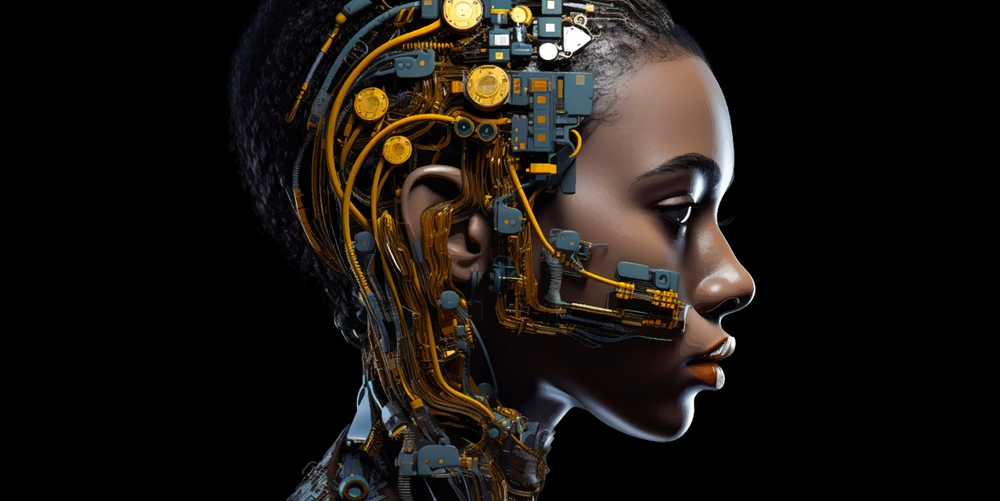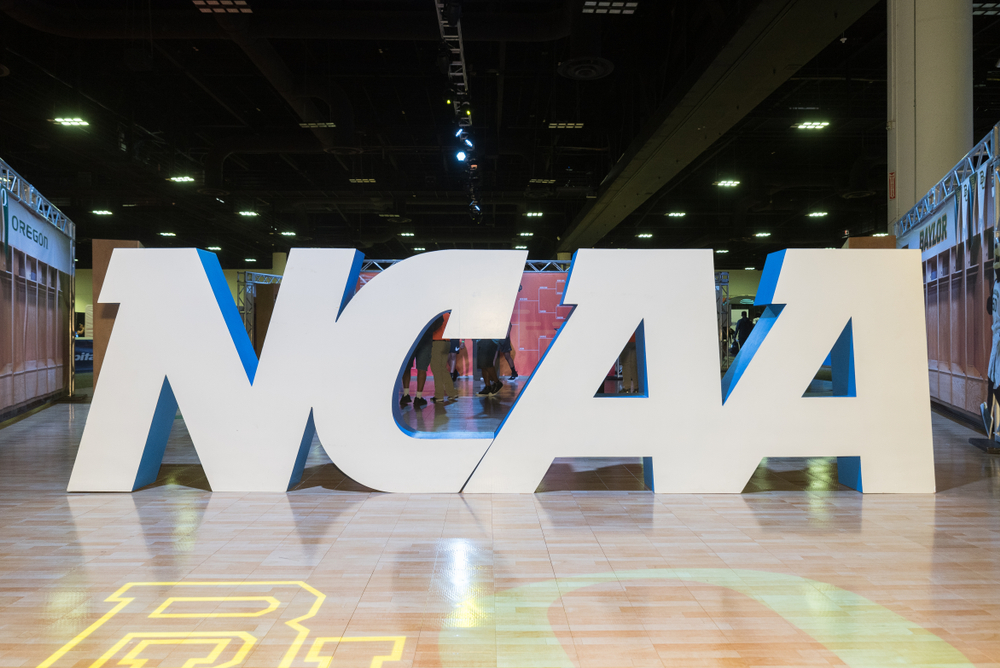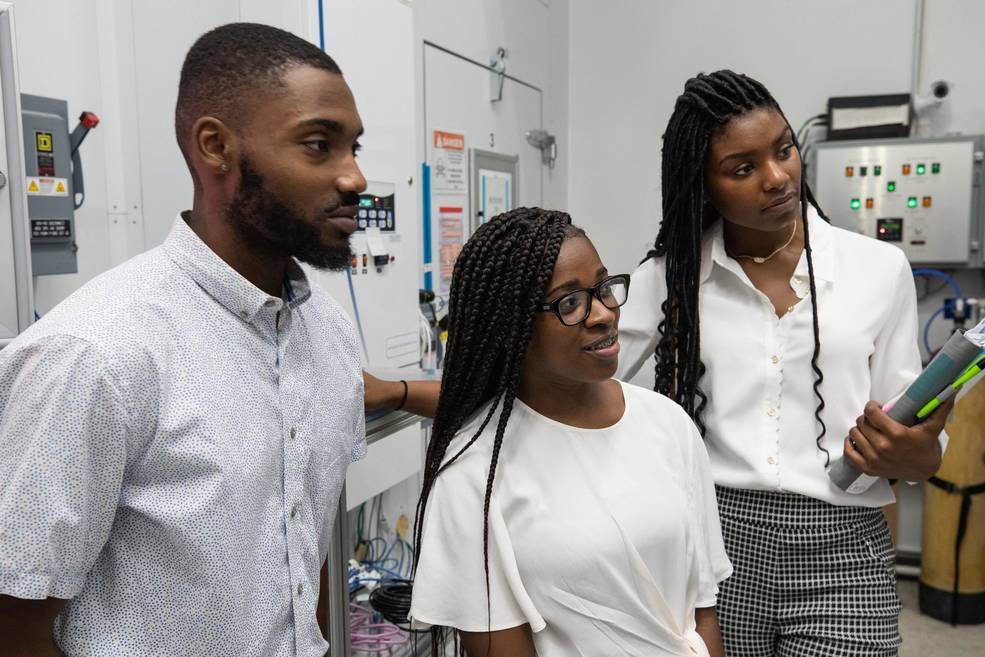HBCU Clark Atlanta University recently received an $11.8 million grant from EON Reality, a company that works on finding learning solutions using extended reality such as augmented reality and virtual reality.
As an integral part of their partnership, the donation will go towards implementing the Knowledge Metaverse in the school. Using EON’s extended reality solutions, the Knowledge Metaverse is an organized digital movement that works on merging reality with the tech world to help keep students interested in the material.
By including equipment like VR headsets in lessons to simulate scenarios or case studies, the students are given the chance to supplement their real-world learning with digital experiences to help them absorb the information in a fun and engaging way. According to the press release, more than 2.16 million 3D XR applications will be offered to learners. All of these applications were created by the 1.4 million users of EON Reality who add to the company’s XR library.
“Partnering with a respected HBCU like Clark Atlanta University, whose graduates shape our world every year, demonstrates the impact EON-XR can have on the future of academia and the sciences,” said founder of Eon Reality, Dan Lejerskar, in the press release. “When a university with its commitment to social justice and deep focus on digital learning can utilize and add to the Knowledge Metaverse, the possibilities for reshaping our society are endless.”
Clark Atlanta University is the first HBCU to partner with and receive a grant from EON Reality in support of the Knowledge Metaverse. The company first launched its Knowledge Metaverse program in 2021 after there was an increased interest in its mission to spread XR learning solutions.
In a press release, the company reported that, during the COVID-19 pandemic in 2020, there was an 819% increase across 46 countries in the number of EON Reality users. During a time when everyone was forced inside, XR offered a safe alternative as it can be used remotely while “transporting” users to different places.
In addition to its ability to be used remotely, another benefit of XR is its ability to improve memory retention. In a study by the University of Maryland that had 40 volunteers recall information about the images they were shown, they found that 40% of the participants that were given a VR headset to view the images were able to score 10% better when their retention skills were tested. Overall, the researchers found an 8.8% improvement in memory retention amongst all the participants who were given the VR headset.
“Clark Atlanta University remains dedicated to our scholars and equipping with the best resources and innovative technologies,” said the president at Clark Atlanta University, President George T. French Jr. Ph.D., in the press release. “As we accelerate our momentum, these essential partnerships support our efforts to step into the future of interactive teaching and learning through relevant and future-focused innovations.”








